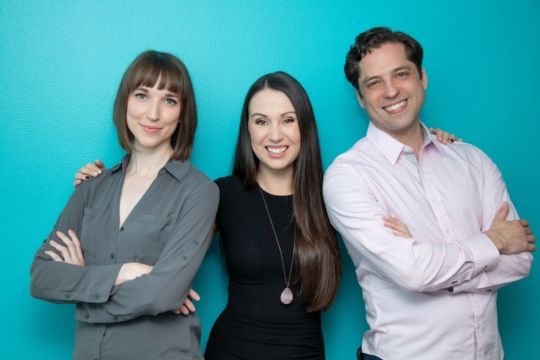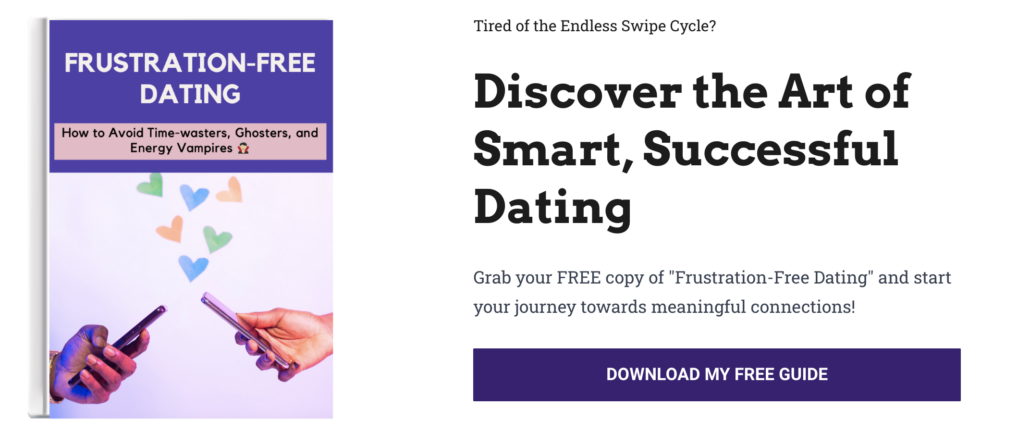Multiamory & Short King Spring
Look, relationships aren’t one size fits all. We each have unique needs and desires, origin stories and goals. And with so many people out in the world today, there seems to be a match (or two, or three) for everyone out there. That coupled with the fact that relationships are no longer solely a financial commitment means you really can build your own. That’s part of the beauty in dating today, we have choice.
We can choose to be in a monogamous relationship, to be multiamorous OR to be lifelong bachelors and bachelorettes. And of course, there are even lifestyles in between. We get to choose the relationship types that best suit our lifestyles and the futures we have in mind.
Whatever YOU choose, it all comes down to communication. That is what will determine how well you and your partner, or partners, connect and build trust. And that is why we have Dedeker, Emily and Jase, the hosts of the Multiamory Podcast, joining us today to talk about how to identify what you need from a conversation, how to use microscripts to manage difficult topics, and how to make repairs after things get heated.
DATING DISH (2:25)
Why has height become such a significant factor in dating?:
If we’re being honest, height has ALWAYS been a significant factor for folks in dating. But this recent article from Glam Magazine helps break down the exact origins of our height biases, how our instinct for survival plays a factor, and how this all plays into our perception of gender roles. Damona further explains why what we’re attracted to doesn’t just “happen.”
MULTIAMORY (16:30)
Jase, Emily, and Dedeker created the Multiamory Podcast in 2014 to raise awareness, provide approachable resources, and combat the stigma faced by people in non-traditional relationships.
Together they have been featured in numerous publications, including NPR, Vice, Huffington Post, Oprah Daily, Cosmopolitan, and Elle. In addition to their national tours, they have presented at the Google campus in Seattle and have been keynote speakers and presenters at numerous conferences.
Their new book “Multiamory: Essential Tools For Modern Relationships” is out now!

(17:55) Origins of the Multiamory Podcast…
Fun fact: before they launched their podcast exploring relationship archetypes and nonmonogamy, Jase, Emily, and Dedeker were in a relationship quad with another partner.
Although the quad eventually broke up, Jase, Emily and Dedeker decided to launch the Multiamory Podcast. At that time (around 9 years ago), there wasn’t NEARLY as much research about non-monogamy or alternative relationship models out there as there is today.
Dedeker continues that “over time, we started to find that a lot of this advice was about good relationships in general. Whether you’re monogamous, non-monogamous, sometimes even going beyond whether you’re in a romantic relationship or not.”
Jase also dives deeper into how the perception around non-monogamy has shifted over the years, and the biggest misconceptions about this relationship model.
(23:30) The Triforce of Communication
Having researched it so much, Jase, Emily, and Dedeker are ready to share their biggest insights on what makes great communication. Emily starts, “I think it’s really important to be able to look inward at your own history with how you communicate with others. And that’s from your childhood or the way that your parents may have communicated with you, and the ways that may translate to how you communicate with your partner.”
Emily and the gang bring up a concept from their book called the Triforce of Communication and how to use it to gain clarity on what you need from your partner (or another person) in a conversation.
(32:05) Let’s talk about neurodivergence.
Dedeker mentions that when diving deeper into the non-monogamous community, you will find a lot of non-neurotypical people. “Often people who are different flavors of neurodivergent really appreciate clear structure, a clear sense of the rules of engagement for how we’re going to engage in this conversation, for people’s intentions to be very clearly laid out.”
Dedeker then shares her experience with being on the neurodivergent spectrum, specifically dealing with some significant PTSD.
Jase and Dedeker also explain how they worked through their gaps in communication, using something they refer to as personalized “micro-scripts.”
(42:30) What should we keep in mind when establishing boundaries?
Many of us often conflate boundaries with rules or limitations on our partner, but Emily asserts that boundaries are necessary because they allow us to advocate for ourselves in a relationship – “it’s not something you’re doing to punish a partner, but rather something you’re doing to keep yourself safe.” Dedeker adds that the power of boundaries is all about what you can do to change your own behavior, because that’s the thing we have the most control over.
Jase then describes another concept for repairing conflict in their book called “SHOP” and how it works.
Be sure to follow them on Instagram @multiamory_podcast and grab a copy of their new book, Multiamory: Essential Tools For Modern Relationships, by visiting Multiamory.com/book.
DEAR DAMONA (51:50)
Submit your questions on Instagram, Twitter, or Facebook and hear our answers live on the show! Here’s what our listeners asked about this week:
IG Message from S – Hi Damona, I’m trying to get my brother back into the dating pool. After a failed marriage, and 3 kids later, he feels that he won’t ever find love or have a family again. He feels he’s not going to find someone who will want a man with 3 kids. He is also afraid to be used, and that people will only want him for his money. How do I approach this conversation to tell him that love is out there just waiting for him, when he is so down on himself and being negative?






